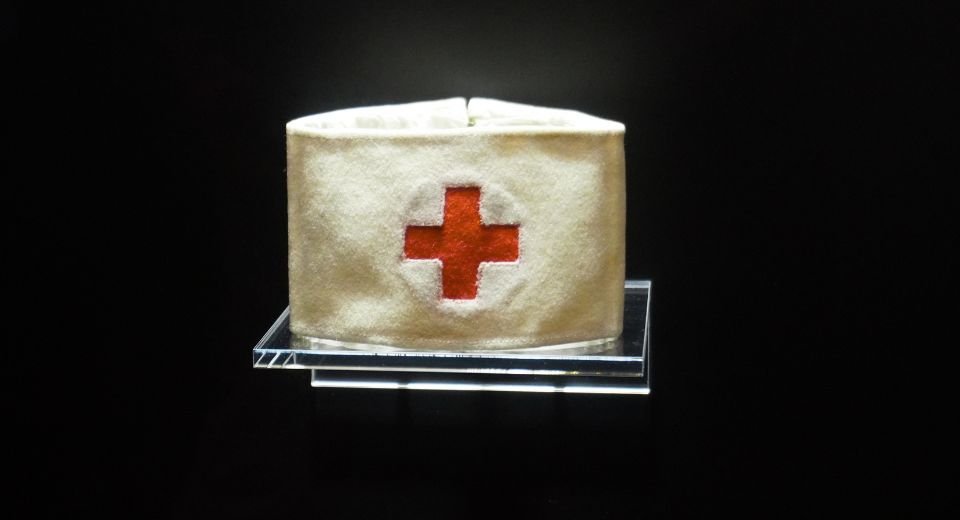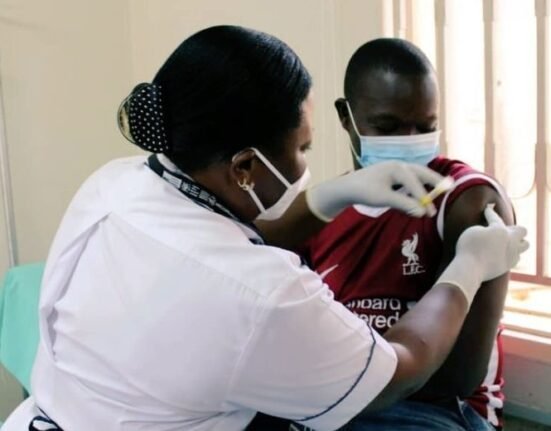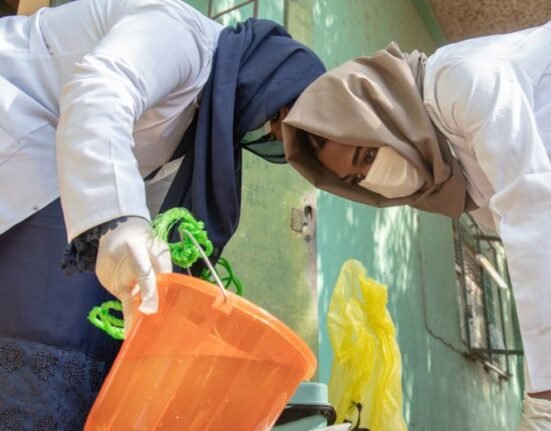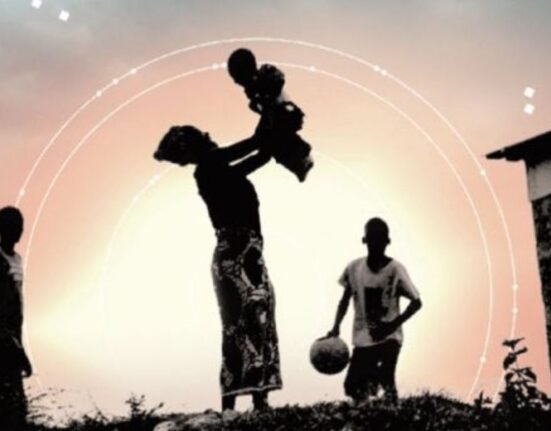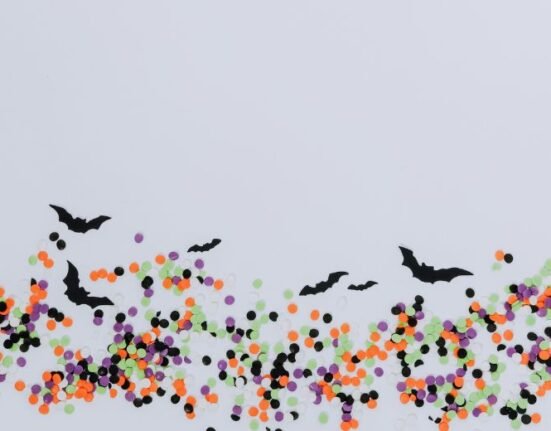HQ Team
December 11, 2023: African researchers and European scientists, conducting clinical trials for an HIV vaccine, have halted further vaccinations after they turned out to be ineffective in preventing people from getting the virus.
The PrEPVacc HIV prevention study of experimental vaccine regimens and a new form of oral pre-exposure prophylaxis (PrEP), has been running in East and Southern Africa since 2020.
The study, led by African researchers from Entebbe in Uganda, “has stopped further vaccinations as there is little or no chance of the trial demonstrating vaccine efficacy in preventing HIV acquisition,” according to a statement.
PrEPVacc’s leadership decided to stop vaccinations “immediately based on the recommendation of its Independent Data Monitoring Committee, which also recommended that the oral PrEP component of the study continue to completion.”
A follow-up of all participants will continue for additional safety data collection.
First-time trial
The HIV testing and referral for ongoing care for six months will continue, after the last vaccine injection for all participants or until the end of the oral PrEP trial — whichever is longest, according to the statement.
The trials, for the first time, combined evaluation of HIV vaccines and PrEP at the same time. The first participants in the clinical trial enrolled in December 2020.
At the time of the monitoring committee’s recommendation in November 9, 2023, PrEPVacc was the only remaining active HIV vaccine efficacy trial in the world.
The three-in-one trials tested two different combinations of HIV vaccines to find out if either can prevent HIV infection in populations at risk of acquiring HIV.
PrEPVacc’s trial safety group reviewed the safety information of participants twice a month and has no concerns about the safety of the vaccines, according to the statement issued on December 6.
‘Hopes high’
The PrEPVacc is supported by 15 partner organisations, six from Africa, six from Europe and three from the US. The Sponsor of PrEPVacc is Imperial College London.
“The scientific hurdles are high, but I have equally high hopes that an HIV vaccine will be developed one day,” said PrEPVacc’s Trial Director, Dr Eugene Ruzagira.
“Every day, all around the world, important research like PrEPVacc is moving us forward, and participants are willing to step forward with us and make a difference to the health of their communities.”
Prof Sheena McCormack, PrEPVacc Project Lead based at the Medical Research Council clinical trials unit at University College London, UK, said the interim results “puts this generation of putative HIV vaccines to bed.
“We do clinical trials because we don’t know the answer to questions. It was important to find out whether the combination vaccine regimens in PrEPVacc, developed over 20 years, should be ruled out or further developed for preventing HIV.”
‘New generation leaders’
Prof Pontiano Kaleebu, based at the MRC/UVRI & LSHTM Uganda Research Unit in Uganda, said: “We must also look to a new generation of leaders. We set up PrEPVacc to grow our capacity in Africa to do future trials ourselves and to develop those who will lead them here in Africa.”
The first trial of the HIV vaccine began 36 years ago. Globally, 39.0 million people were living with HIV at the end of 2022, according to the WHO.
An estimated 0.7% of adults aged 15–49 years worldwide have the disease, although the burden of the epidemic continues to vary considerably between countries and regions.
The WHO African Region remains most severely affected, with nearly 1 in every 25 adults (3.2%) living with HIV and accounting for more than two-thirds of the people living with HIV worldwide.
According to the International AIDS Vaccine Initiative, the unprecedented genetic variability of the virus and its ability to quickly establish a persistent lifelong infection were the main hurdles to induce protective immunity against the virus.
Another obstacle is the fact that not a single person has cleared HIV on their own.
Given the complexity of combating HIV, traditional approaches to vaccine development that led to many of the licensed vaccines in use today are either impractical or have so far failed to result in effective vaccines, the IAVI stated.


